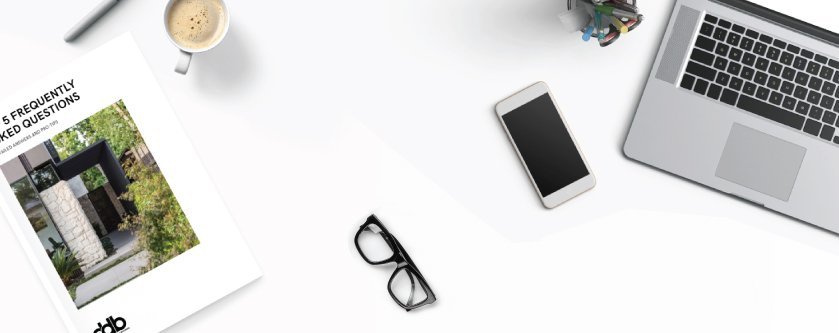
EMAIL# 218 -28TH MAY 2023- # "DEALING WITH DIFFICULT PEOPLE"
Highly creative people can be difficult to deal with.
I’ve been a builder for nearly 4 decades and along the way I have come across my fair share of “Prima Donna’s”. Some people just have an over-inflated ego that makes them think they are better than everyone else. And dealing with these “superior beings” in a professional setting can be very challenging indeed.
“I’m thankful for the difficult people in my life. They show me exactly who I don’t want to be.” Unknown
Difficult people tend to have a narrow view of the world and are quick to force their opinions onto everyone around them. “It’s either their way or the highway”. Because they are lacking soft skills, they constantly rub people up the wrong way and often leave a trail of emotional destruction in their wake.
“When you have to start compromising yourself or your values for the people around you, it’s probably time to change the people around you.” Unknown
Now don’t get me wrong, difficult people are the outliers in my world, the “one percenter’s”. The vast majority of people I work with are great people that are good at what they do, and I thoroughly enjoy interacting with them. The problem is that the “one percenter’s” suck the energy from the room and dominate your mental space.
Like most challenges in life, dealing with difficult people is all about effective communication and unfortunately this usually involves uncomfortable conversations. This is something that almost everyone, including myself, tries to avoid. So, in the interest of “personal growth”, I’ve distilled down the following recommendations for improving how well we can deal with difficult people.
Being nice to someone you dislike doesn’t mean you’re being fake. It means you are mature enough to tolerate your dislike towards them.
It's all about the language you use in uncomfortable conversations.
- Try and stay positive and on the front foot and avoid using emotive words like “always” or “never”.
- Lead your comments with “I” rather than “you”. This helps you to avoid blaming and pointing your finger at the other person.
- Ask leading questions to get a better understanding of the other persons point of view.
It’s also about preparation and knowing your objectives.
- Before you confront someone or engage in a difficult conversation think through your objectives, i.e., know exactly what you want to walk away with.
- Know beforehand what your boundaries are and what behaviour or outcomes are not willing to acceptable.
- “Boundaries must be neither too flimsy nor too stiff to do their duty.” Nerda Tawwab
- You must also be flexible with your expectations to successfully negotiate an acceptable outcome.
Use the “7 C’s” for difficult conversations.
- Confidence = ask for what you need.
- Courage = push back when needed and stand up for yourself.
- Compassion = you must be prepared to acknowledge the other person’s needs.
- Compromise = be flexible with your expectations.
- Credibility = by being good at what you do.
- Curiosity = be interested in the other person and their point of view.
- Clarity = have clear objectives for what you want to achieve from the conversation.
“After you state your position in a negotiation (difficult conversation), wait for a while. If you continue to speak, you are not speaking in your own favour.” Unknown
Thanks for reading,
Stay safe and look for the best in other people.
David
